You are currently viewing SemiWiki as a guest which gives you limited access to the site. To view blog comments and experience other SemiWiki features you must be a registered member. Registration is fast, simple, and absolutely free so please,
join our community today!
As smartphone and tablet makers desperately search for points of differentiation they will try to push the limits of performance on several fronts to extremes. The password pill and the display-cover display are two of the stranger extreme features on the way.
Extreme inter-connectivity is one of the more useful features that… Read More
We’ve become familiar with Imagination Technologies as a leading provider of IP for mobile GPUs, and within the last year the acquisition of the MIPS architecture has established them further in NPU and SoC circles. Their latest move targets an IP solution more in line with their heritage.
Imagination, way before becoming famous… Read More
One of the big questions on Intel’s foundry strategy is: Can they compete on wafer pricing? Fortunately there are now detailed reports that support what most of us fabless folks already know. The simple answer is no, Intel cannot compete with TSMC or Samsung on wafer pricing at 28nm, 20nm, and 14nm.
In fact, recent reports have shown… Read More
One of the challenges of physical design of a modern SoC is that of macro placement. Back when a design just had a few macros then the flooplanning could be handled largely manually. But modern SoCs suffer from a number of problems. A new white paper from Mentor covers Olympus-SOCs features to address these issues:
…
Read More
Jump into Xilinx Programmable Logic today! I wanted to encourage my dear readers if you have not tried using an Xilinx FPGA (Field Programmable Gate Array) or even CPLD (Complex Programmable Logic Device) then it is worth your time to begin your evaluation. Maybe you got one for Christmas? If not, it is easier than you think to start… Read More
Traditional logic testing relies on blasting pattern after pattern at the inputs, trying to exercise combinations to shake faults out of logic and hopefully have them manifested at an observable pin, be it a test point or a final output stage. It’s a remarkably inefficient process with a lot of randomness and luck involved.
Getting… Read More
There are more, but wait a while, from this set which ones do you need? Or let me ask the question differently (I know you may like something impulsively and have money to buy), which ones do you want to buy and own? Still confused? I guess what you need, you already have, but you want to change it for something new and different. While I … Read More
Traditionally ATPG (Automatic Test Pattern Generation) and BIST (Built-In-Self-Test) are the two approaches for testing the whole semiconductor design squeezed on an IC; ATPG requires external test equipment and test vectors to test targeted faults, BIST circuit is implemented on chip along with the functional logic of IC.… Read More
Ever sat around waiting for a time slot on the one piece of big, powerful, expensive engineering equipment everyone in the building wants to use? It’s frustrating for engineers, and a project manager’s nightmare: a tool that can deliver big results, and a lot of schedule juggling.… Read More
Social Media at Silvacoby Daniel Payne on 12-21-2013 at 4:58 pmCategories: EDA
Founded back in 1984, Silvaco has been in business for some 29 years now, focusing on the TCAD and EDA markets.
Browsing their Home page at www.silvaco.com we find four social media links in the footer: Facebook, Twitter, YouTube and LinkedIn.… Read More

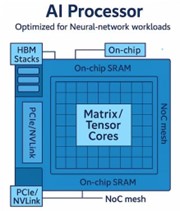

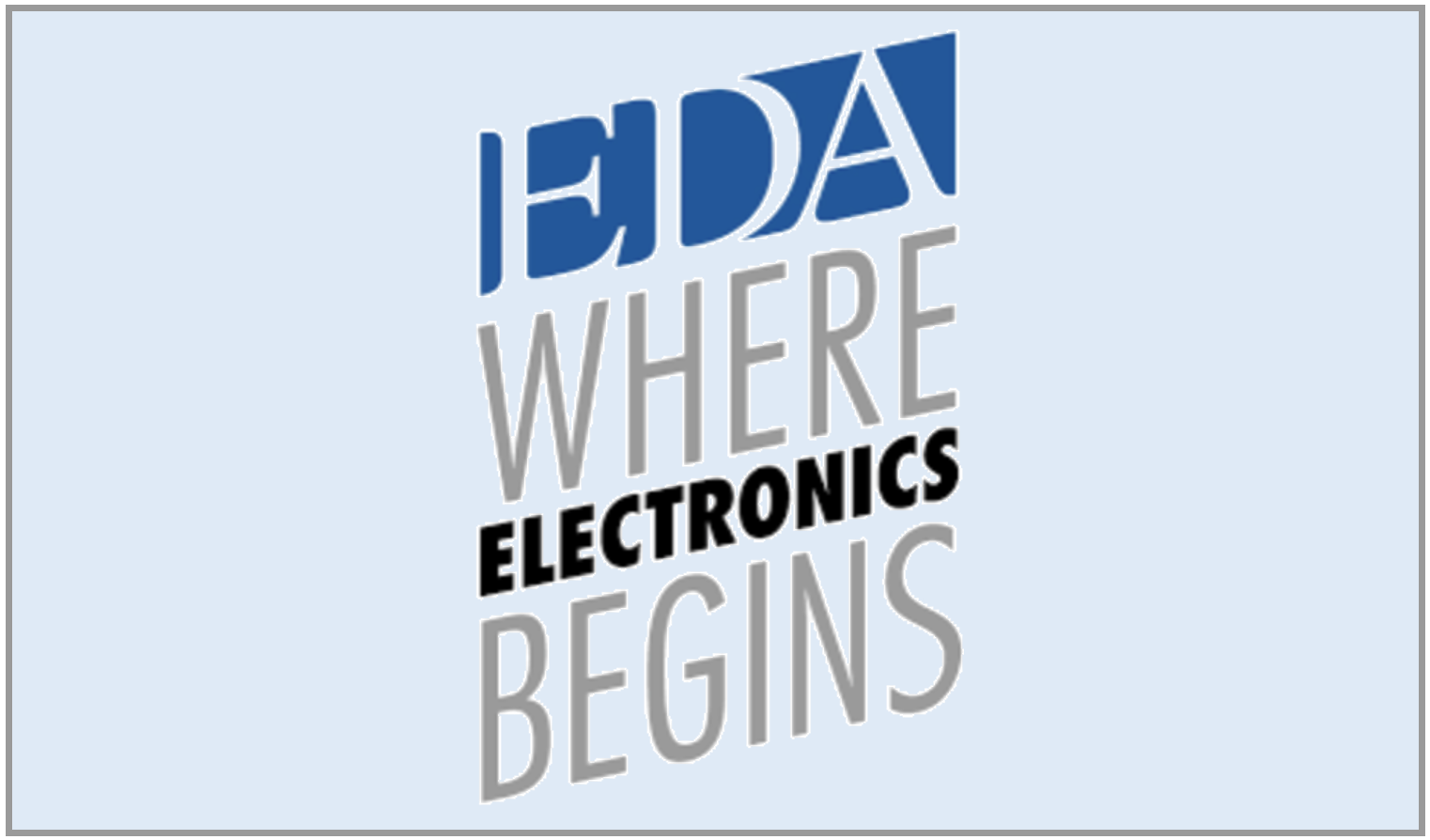
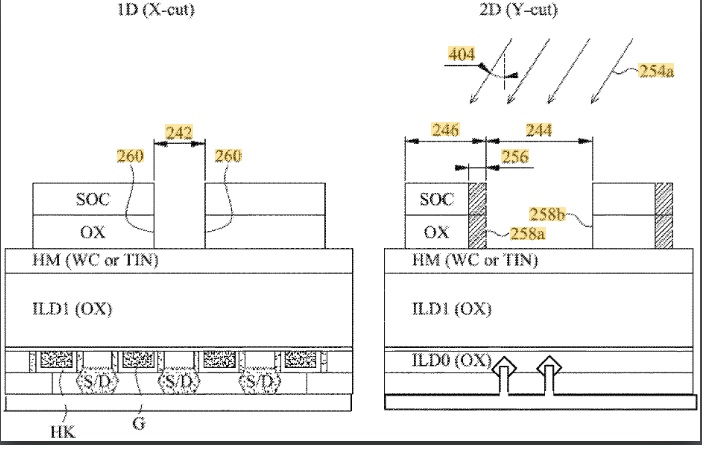
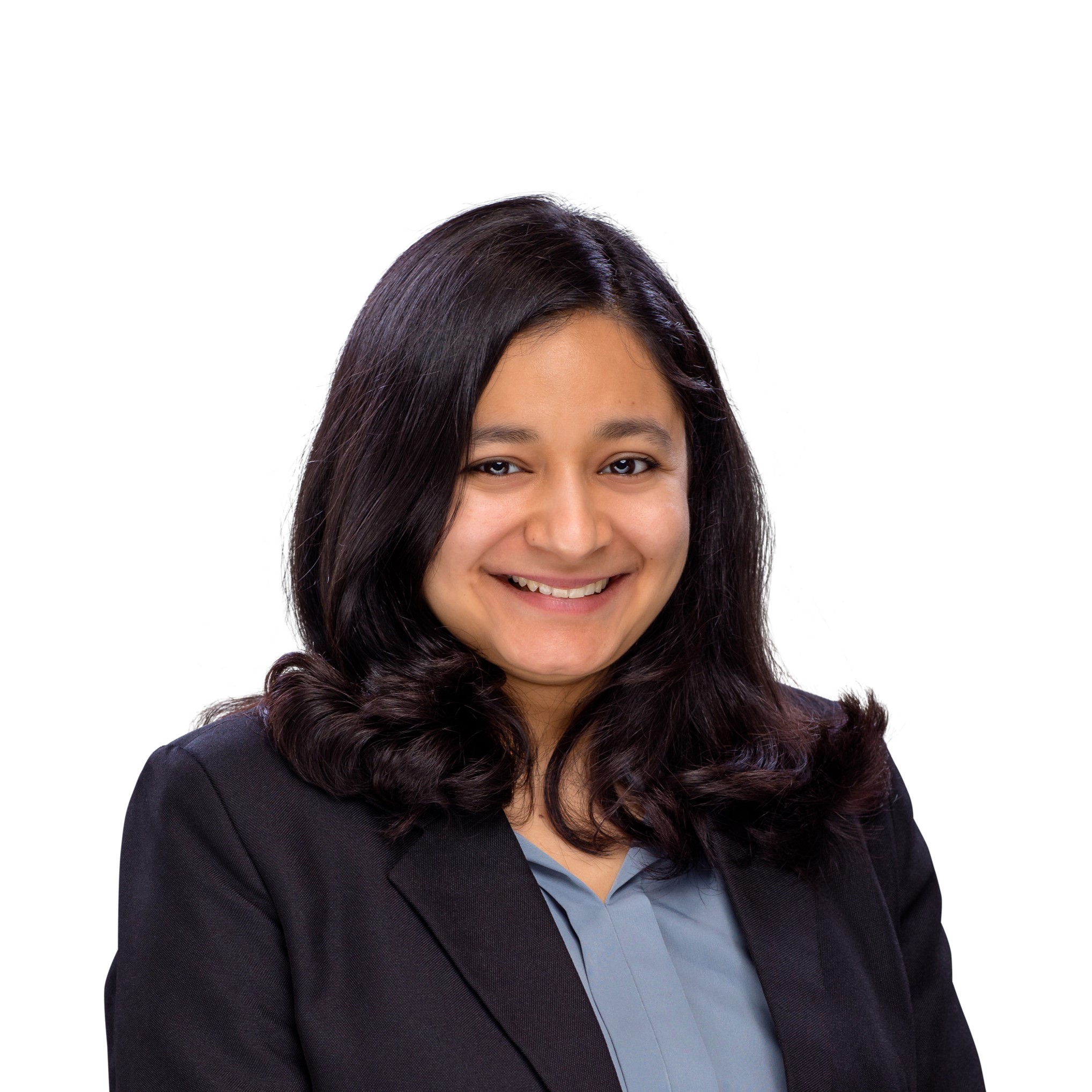


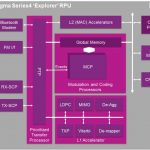
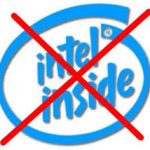
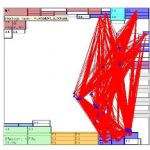
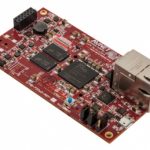



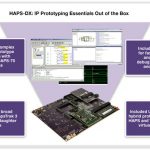

The Name Changes but the Vision Remains the Same – ESD Alliance Through the Years